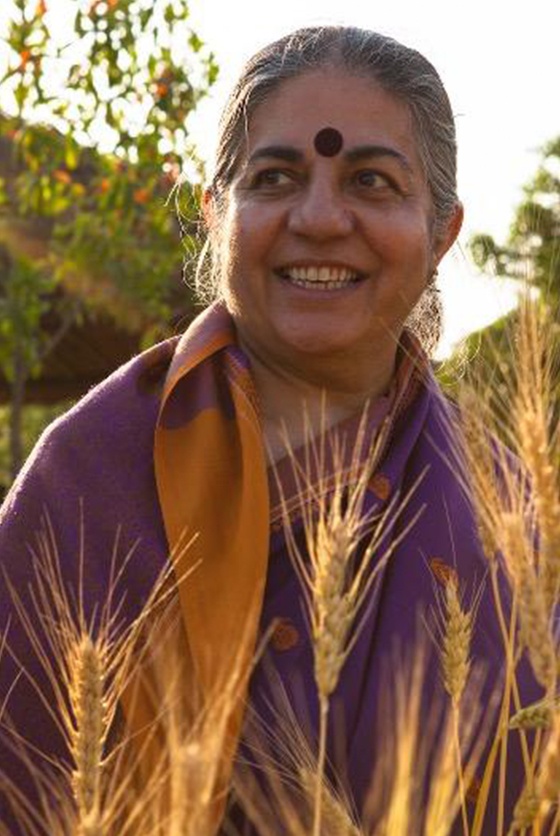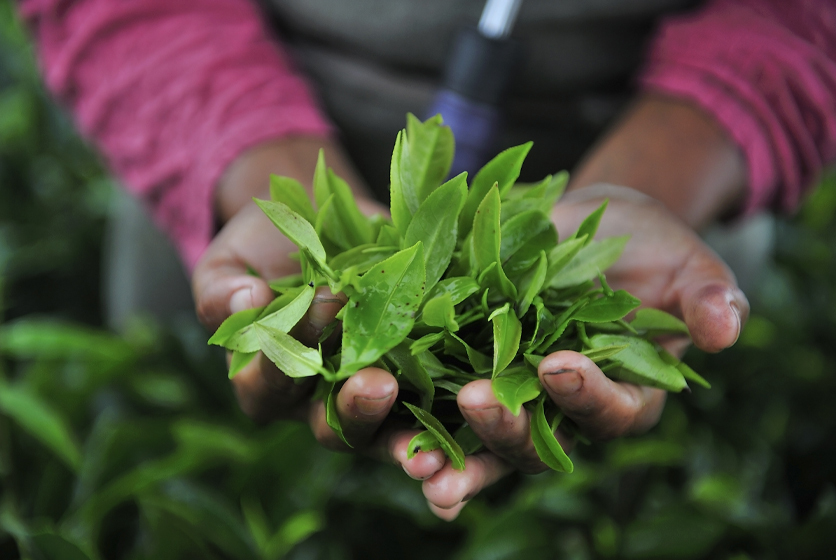People in Agriculture - Vandana Shiva
Sometimes, the need to categorise people limits their achievements and contributions to the world at large. Take for instance, the act of describing Vandana Shiva as a person in agriculture. Though her work is linked intensely to the soil (much like a farmer’s life), she is so much more as well. Her work in seed freedom, bioethics, climate security and women’s empowerment has made her a powerhouse and a powerful voice in the domain of agriculture and allied fields not just in India but all over the world as well.
She studied physics, philosophy, the philosophy of physics and did stellar work in linking technology, ecology, environmental science, nutrition, genetic engineering and various other disciplines. What makes her so relevant is the fact that she has worked with grassroots agencies, farmers and organisations to build a treasure trove of wisdom into almost all things agriculture.

What makes her famous?
When you research Vandana Shiva, almost all references highlight her activism. Whether it is her opposition to The Green Revolution or her support for seed freedom, Shiva is a voice to reckon with.
Take for instance, her criticism of the World Trade Organisation (WTO) rules of free trade as detailed in Trade Related Intellectual Property Rights (TRIPs). In her website, Navdanya, she argues against TRIPs and for seed freedom by saying, “A patent on seed implies that a farmer saving seed is an “intellectual property thief ”. But it means more. A system in which seed has become a corporate monopoly, a system in which a few companies control the seed supply is in effect a system of slavery for farmers. Where the freedom of seed disappears, the freedom of farmers disappears.”
Navdanya goes on to say that the Green Revolution caused the destruction of diversity.
Yes, there can be many arguments for and against every statement made by every farmer. But think about this as well - how can systems force farmers to capitulate to corporations which then go on to control seeds and biodiversity - the very building blocks of crops?

Influence of work
Shiva’s influence in the universe of agriculture is apparent with the longevity of her involvement in various facets of life. For more than 3 decades, Navdanya; a movement she founded for Earth Democracy; has worked with local communities in the Himalayas to nurture local biodiversity.
She also founded the Research Foundation for Science, Technology and Ecology in 1982. This Foundation focuses on preserving agriculture heritage in India by promoting sustainable practices and establishing seed banks.
Another aspect of Shiva’s work is her focus on putting women in the centre of ecology & agriculture. As a significant leader in ecofeminism, Shiva makes a profound statement from a simple truth - most farmers of the world are women and women grow food for nourishment and health and not as commodities. Therefore, food sovereignty is even more relevant for women.
Her continued fight against ‘food totalitarianism’ and biodiversity has won her many awards such as the Sydney Peace Prize, the Right Livelihood Award, and Earth Day International Award to name just a few.
Small wonder then that Vandana Shiva has been called the ‘Gandhi of Grain’ and a fearless warrior against big agriculture.



